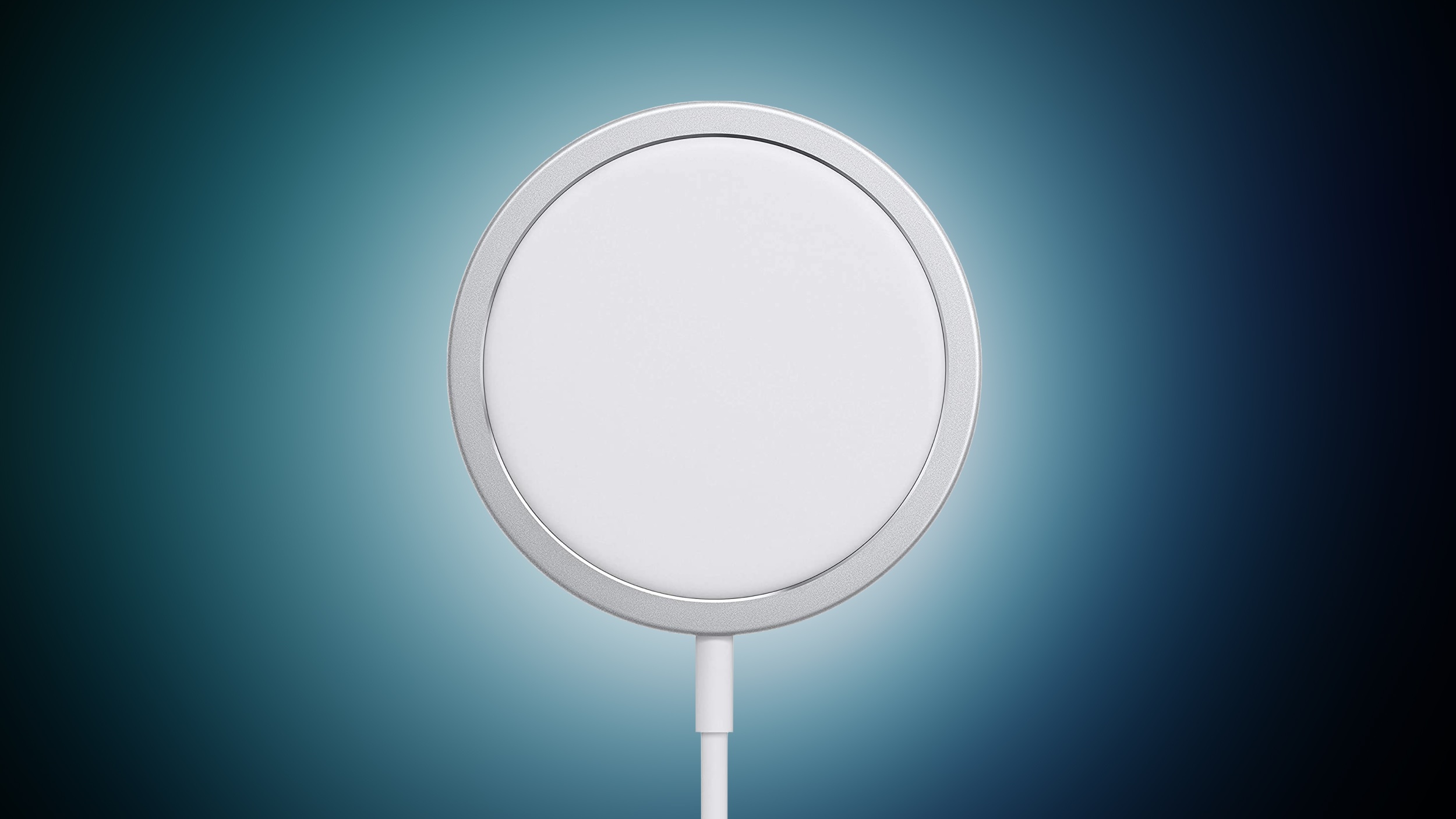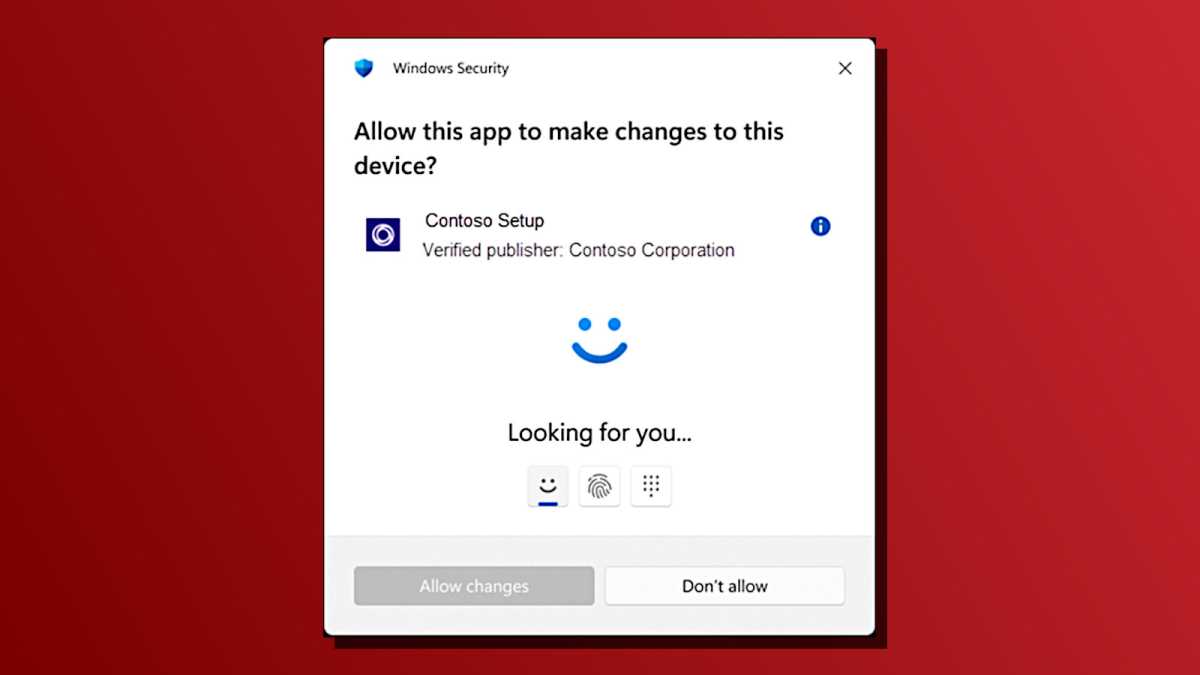|
 Apple today announced a $500 million multi-year commitment to buying American-made rare earth magnets developed by MP Materials, at a state-of-the-art factory in Fort Worth, Texas. Apple said the commitment is part of its overall pledge to spend more than $500 billion in the U.S. within the next four years, which it announced in February. Apple today announced a $500 million multi-year commitment to buying American-made rare earth magnets developed by MP Materials, at a state-of-the-art factory in Fort Worth, Texas. Apple said the commitment is part of its overall pledge to spend more than $500 billion in the U.S. within the next four years, which it announced in February.
|
|

In a deeper dive via this Windows IT Pro blog post, we're told that Administrator Protection kicks in whenever you want to do anything that requires administrator privileges, such as install software, change system settings, or access sensitive data. To do any of that, you'll need to authenticate via Windows Hello on demand (which means setting up and using your fingerprint, face scan, or PIN code).
|
|
 Meta offered one of Apple's top artificial intelligence executives over $200 million to lure him away from the company, Bloomberg reports. Meta offered one of Apple's top artificial intelligence executives over $200 million to lure him away from the company, Bloomberg reports.
|
|
Happy Memorial Day, Short Wavers! This holiday, we bring you a meditation on time ... and clocks. There are hundreds of atomic clocks in orbit right now, perched on satellites all over Earth. We depend on them for GPS location, Internet timing, stock trading and even space navigation. In today's encore episode, hosts Emily Kwong and Regina G. Barber learn how to build a better clock. In order to do that, they ask: How do atomic clocks really work, anyway? What makes a clock precise? And how could that process be improved for even greater accuracy?
- For more about Holly's Optical Atomic Strontium Ion Clock, check out the OASIC project on NASA's website.
- For more about the Longitude Problem, check out Dava Sobel's book, Longitude.
Listen to every episode of Short Wave sponsor-free and support our work at NPR by signing up for Short Wave at plus.npr.org/shortwave.
Have questions or story ideas? Let us know by emailing shortwave@npr.org!
|
|
